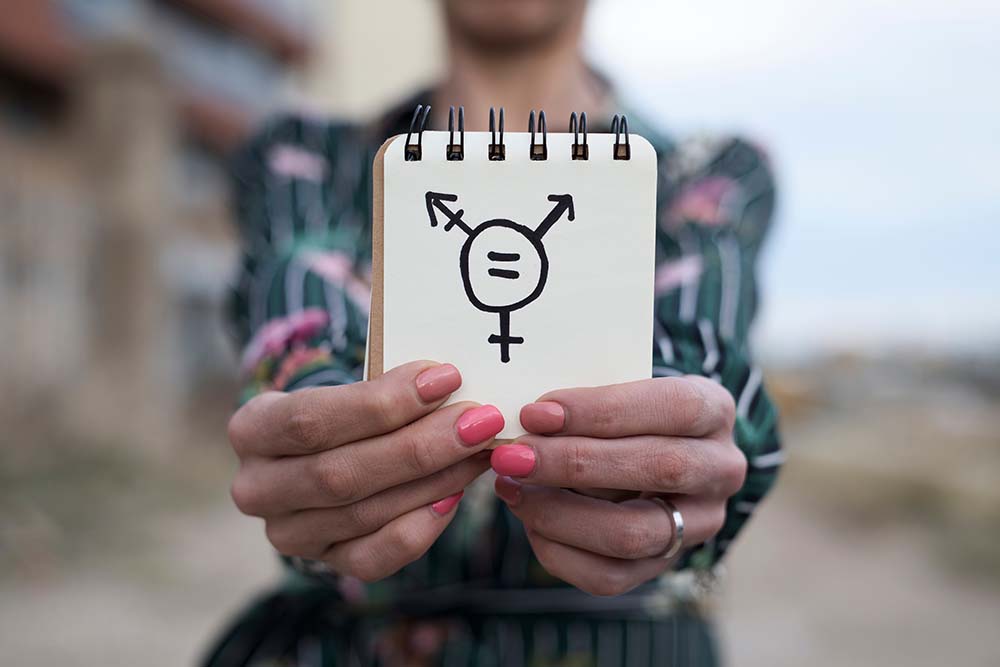The Indian judicial system has various legal frameworks in place to encourage social and environmental justice, in the form of acts, constitutional articles and sections under the Indian Penal Code. Here are some that you should know about.
Scheduled Castes and the Scheduled Tribes (Prevention of Atrocities) Act, 1989
Passed in September 1989, the Scheduled Castes and the Scheduled Tribes (Prevention of Atrocities) Act was brought in place to prevent acts of crime towards people belonging to the Scheduled Caste and Scheduled Tribe communities of India, on the basis of caste. A lot of issues the act tries to prevent include employment prejudice on the basis of caste, non-payment or difference in payment of wages on the basis of caste, as well as land disputes.
Equal Remuneration Act, 1976
This act provides for equal remuneration to both men and women workers and also calls to prevent any kind of discrimination in employment matters, including recruitment, on the basis of a person’s sex.

Image used for representational purposes only.
Indian Penal Code, 1860 (Section 153 A)
The Indian Penal Code is the official criminal code of India. Section 153 A of the code criminalises the promotion of discrimination or violence on grounds of religion, race, place of birth, residence or language.
Hindu Succession Act, 1956
Before the 2004 amendment of the Hindu Succession Act of 1956, daughters and sons had different inheritance rights in the country. The amendment abolished the “limited owner” status of women and gave daughters and sons equal inheritance rights.
Transgender Persons (Protection of Rights) Act, 2019
The rather recently enacted Transgender Persons (Protection of Rights) Act, 2019 aims to provide protection of rights of transgender people, against discrimination or hate crimes on grounds of their gender or gender identity.

Image used for representational purposes only.
Constitution of India (Articles 14, 15, 16, 17 and 18)
The issue of discrimination is something the Indian society has struggled with for long, especially in the forms of untouchability and slavery. This is probably why the Constitution of India also provides for Articles 14 and 15, which prohibit any discrimination on the basis of race, caste, religion, sex or even birthplace.
Mental Healthcare Act, 2017
The 2017 Mental Healthcare Act was aimed to prevent refusal or denial when it comes to mental health care access to people on the grounds of caste, religion, sexual orientation, gender, disabilities etc. This helps people of various different communities get the right to access mental health services easily.

Image used for representational purposes only.